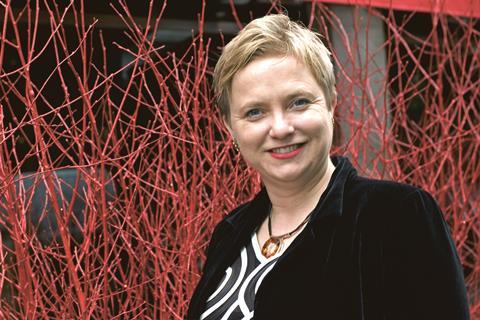Litigation funders have expressed their hope that the controversial PACCAR judgment will not have any long-term damaging effects on the attraction bringing disputes to England and Wales.
The government this month announced legislation aimed at reversing last summer’s Supreme Court ruling, with hopes among funders that the bill could be completed by the summer recess.
Speaking at the Brown Rudnick litigation funding conference in London today, industry insiders admitted the ruling was a blow but sought to downplay its enduring legacy.
‘[PACCAR] is a footnote in history, not a chapter,’ said Susan Dunn, founder of Harbour Litigation Funding. ‘There has been an enormous amount of hard work campaigning with people in the Commons and Lords and lots of one step forward and two steps back.
‘[The legislation] will essentially put things back to where we were pre-PACCAR. That should happen by the summer. It is tremendous that the government has recognised just how detrimental the ruling has been… it has caused an enormous waste of court time.’

The conference heard from other speakers that foreign litigants have been more reluctant to bring disputes to England and Wales due to the uncertainty caused by the ruling, while defendants in funded cases have also delayed arbitration in the hope that cases may collapse.
Dunn added: ‘What has upset me about PACCAR is it has undermined what is a fabulous jurisdiction… if we can remedy PACCAR this jurisdiction has a reason to believe it can remain the leading jurisdiction in the world.’
The court’s ruling last summer was that a litigation funding agreement amounts to a damages-based agreement and may not be enforceable.
Announcing plans to reverse this position, justice secretary Alex Chalk said last week that the judgment had impeded access to justice and favoured powerful corporations funding defences with deep pockets.
Several cases from the Competition Appeal Tribunal are now waiting to go to the Court of Appeal while the government tries to rectify the situation.
Charlie Morris, chief investment officer at litigation funder Woodsford, told the conference that the fallout from PACCAR had been a ‘complete waste of court time and money’ but that judges had been sympathetic to the situation.
The government’s announcement on PACCAR also included an additional plan to consider options for a wider review of the litigation funding sector.
Professor Rachael Mulheron KC, honorary bencher of Gray’s Inn, said there had been an ‘unfortunate conflation’ between PACCAR and regulation. Morris added that an unintended consequence of the Supreme Court ruling had been to embolden those campaigning for tighter controls of the sector.
This article is now closed for comment.



























22 Readers' comments